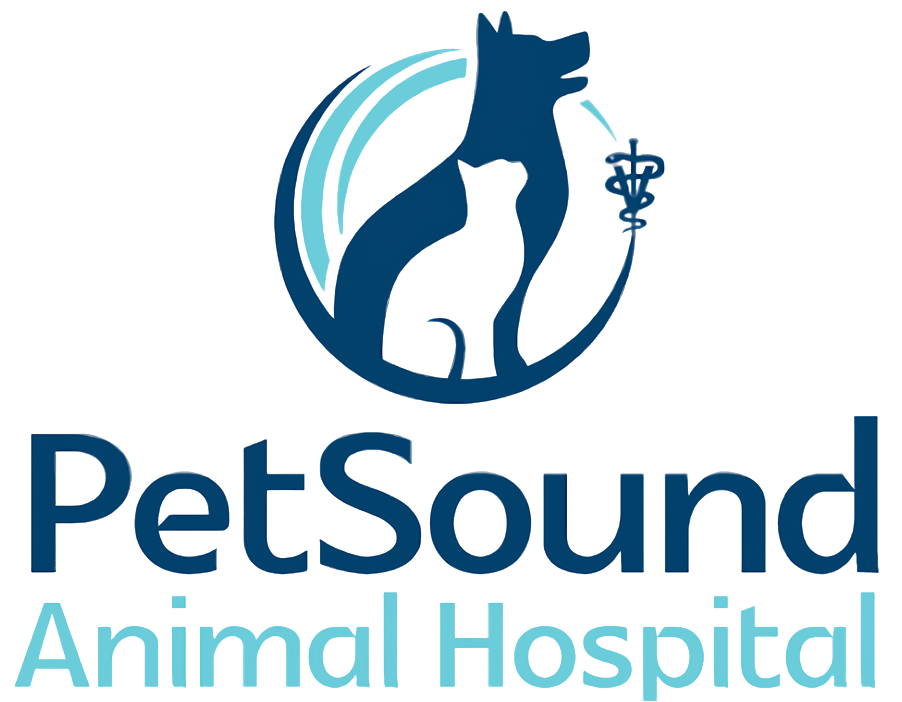Dental Discharge Instructions
We appreciate your commitment to your pet’s health. The procedure your pet received today will prevent future complications, such as infections, gingivitis, and periodontal disease. Periodontal disease can cause bad breath (halitosis), bleeding gums, pain, and may put your pet at higher risk for kidney, liver, and heart disease. Thank you for doing your part.
Dental Cleaning
- Your pet’s teeth have been cleaned with an ultrasonic scaler and polished
- Area under gum line has been cleaned as well which may cause soreness in some pets
- Soreness around mouth may last up to 48 hours
Extractions
- Absorbable sutures may or may not have been needed after tooth extraction
- If sutures were placed, they should dissolve in a few weeks
- Excess saliva with some blood after extractions is normal for some patients
- You may need to feed your pet wet food or moisten dry food with warm water (allow it to sit for about 15 minutes in order to soften kibble) for the next 3-5 days
Anesthesia
- It is normal for your pet to be tired the day of surgery
- Allow patient to recover in a quiet room at home away from other pets
Recheck
- Recheck is not usually required after a dental procedure unless abnormal symptoms arise
Medication
- If at home medication has been prescribed, assure to start the morning after pick up, unless directed differently by veterinarian
- Read and follow medication label directions carefully
Food/ Water
- Gradually introduce water
- Your pet may not want to eat the day of surgery
- Offer only a small amount the first night home (~ 1/3 of usual meal)
- If your pet vomits after eating, withhold food until morning
- Regular feeding may be resumed the morning after surgery
Monitoring
- If any abnormal signs are noted contact us as soon as possible (such as swelling, irregular breathing, excessive lethargy, continuous vomiting or diarrhea)
- Contact us immediately: (919)-851-4114
© Copyright 2025 LifeLearn Inc. Used and/or modified with permission under license. This content written by LifeLearn Animal Health (LifeLearn Inc.) is licensed to this practice for the personal use of our clients. Any copying, printing or further distribution is prohibited without the express written consent of LifeLearn. This content does not contain all available information for any referenced medications and has not been reviewed by the FDA Center for Veterinary Medicine, or Health Canada Veterinary Drugs Directorate. This content may help answer commonly asked questions, but is not a substitute for medical advice, or a proper consultation and/or clinical examination of your pet by a veterinarian. Please contact your veterinarian if you have any questions or concerns about your pet’s health. Last updated on Jun 25, 2024.

